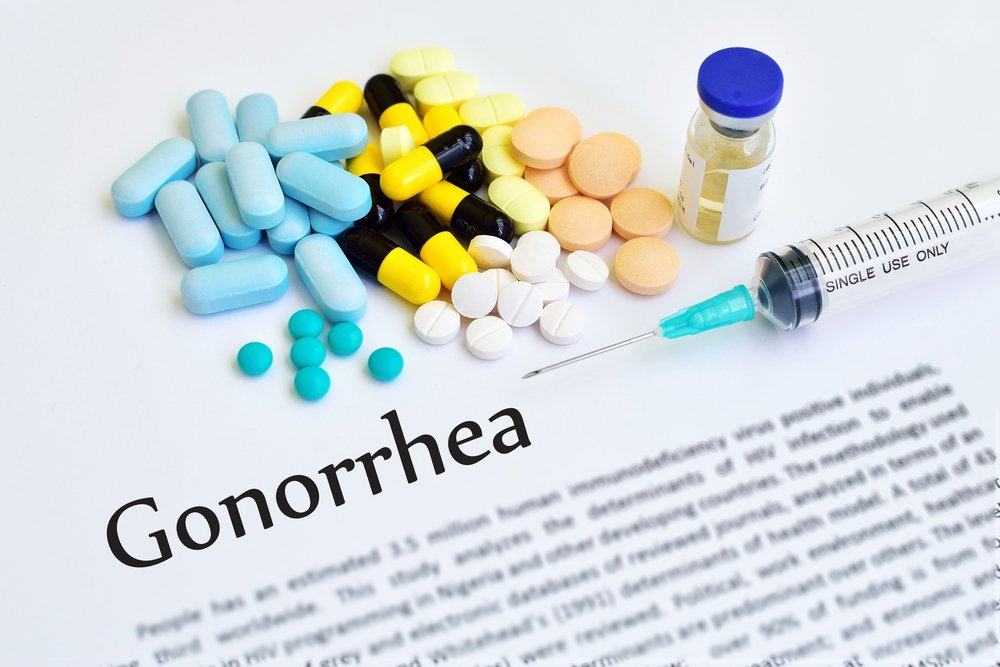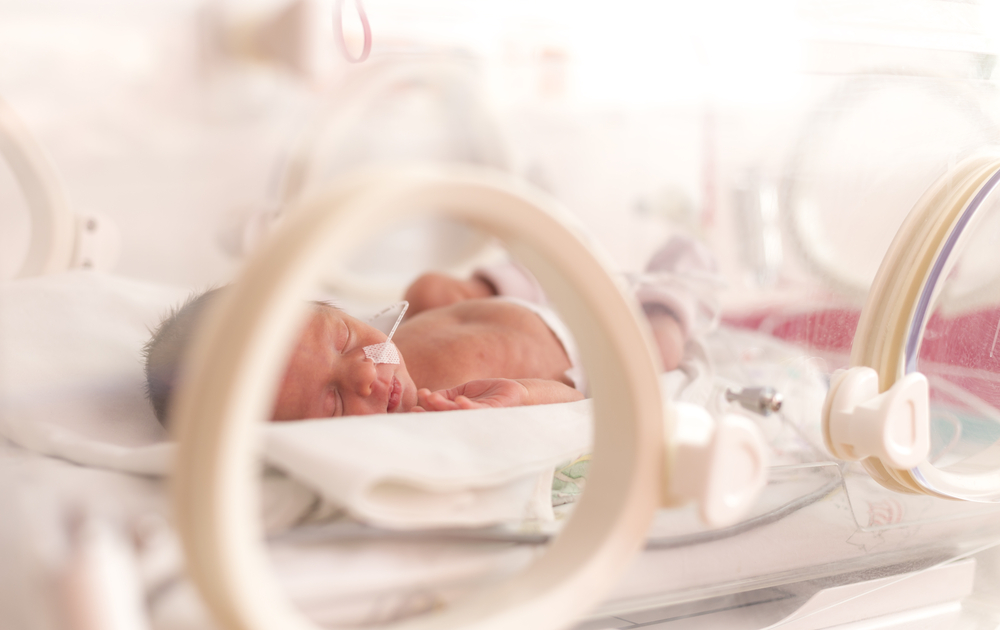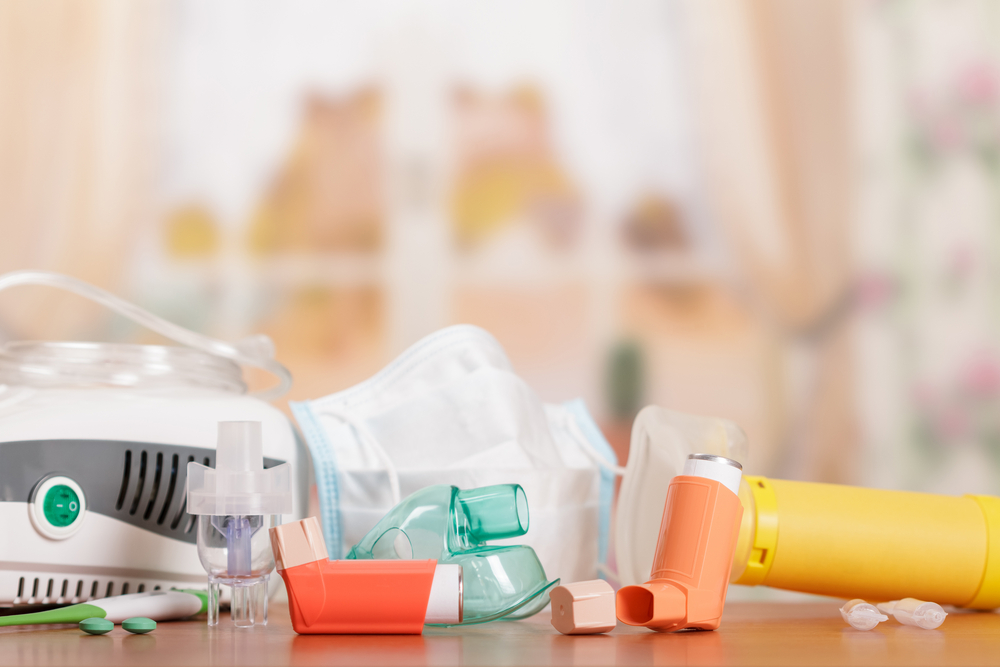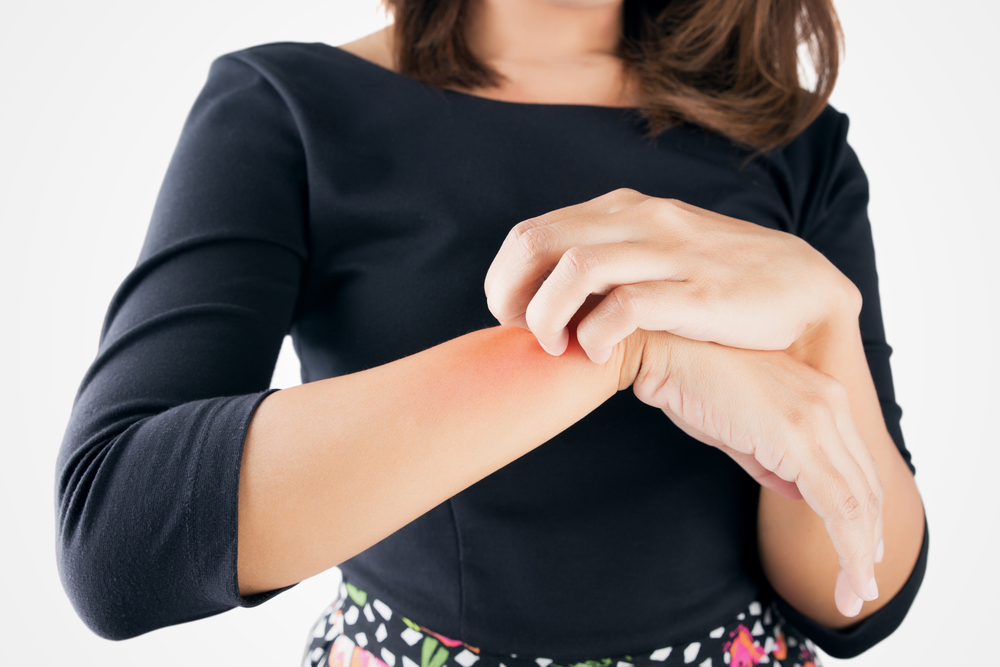Contents:
- Medical Video: 15 Signs You Have A Strong Intimidating Personality
- What are the symptoms of gonorrhea that often appear?
- Symptoms of gonorrhea in men
- Symptoms of gonorrhea in women
- How to treat gonorrhea?
- What if gonorrhea is not treated?
- What steps can be taken to prevent the spread of gonorrhea?
Medical Video: 15 Signs You Have A Strong Intimidating Personality
Gonorrhea is a sexually transmitted disease. This disease is caused by unsafe sex through oral, anal, or vaginal. Having sex with multiple partners and without condoms can be at risk of infection. Gonorrhea is caused by bacteria Neisseria gonorrhoeae. The bacteria will usually infect warm, moist areas such as:
- Urethra (the tube that drains urine into the urinary tract)
- Eye
- Throat
- Vagina
- Anus
- Reproductive tract in women (fallopian tubes, cervix and uterus)
What are the symptoms of gonorrhea that often appear?
Symptoms are usually known about 14 days after you get infected. Unfortunately, not everyone is aware of the symptoms that arise from gonorrhea. Some even have gonorrhea but without showing any symptoms - usually called nonsymptomatic carrier aka non-symptomatic carrier. There are two different symptoms in women and men.
Symptoms of gonorrhea in men
Most men may not be aware of the symptoms that he has stayed gonorrhea, because some men do not get the symptoms. The most common and first recognized symptom is burning or burning when urinating. After that, other symptoms will be followed by:
- Frequent frequency of urination
- The discharge of pus from the penis (liquid droplets) is white, yellow, creamy or greenish)
- Swelling and redness of the opening of the penis
- Swelling or pain in the testicles
- A sore throat that persists
When it has been treated, this infection may still persist in the body for several days. In rare cases, gonorrhea can cause damage to the body, especially the urethra and testes. The pain can also be felt to the rectum.
Symptoms of gonorrhea in women
Some women find it difficult to identify the symptoms of gonorrhea, because the symptoms that appear are similar to other infections. Symptoms of gonorrhea in women are not clearly formed, such as vaginal yeast infections in general, so some women mistakenly guess the infection they have. The following are some of the symptoms that appear in women:
- Fluid out of the vagina (runny, creamy, slightly green)
- When urinating, there is a sensation of pain and burning sensation
- Frequent frequency of urination
- The appearance of blood spots or bleeding when not menstruating
- Pain when having sexual relations
- Pain is also felt in the lower abdomen or pelvic pain
- Swelling of the vulva
- Burning or burning sensation in the throat (when you have oral sex)
- Fever
How to treat gonorrhea?
Gonorrhea can be treated and can be cured, but it cannot be cured with medication done at home, or buy medicine at a pharmacy. You have to go see a doctor. When you go see a doctor, you should prepare:
- The symptoms you experience
- Discussion about your sex history
The doctor will make a diagnosis based on the results of the test by taking samples of fluid from the male urethra and the cervix in women. The doctor will also check your anus and throat to see if there is an infection in that section. The test is taken to the lab, and if the results are positive, the doctor will start providing care.
The doctor may give antibiotics in the form of oral medication and injected directly. Ceftriaxone is an antibiotic given by injection, usually only once. After that you will be given Azithromycin as an antibiotic taken. It is highly recommended to spend antibiotics prescribed, even if your condition has improved. If you are resistant to antibiotics, there will be further treatment that you need to take. Because this is an infectious disease, it is likely that the doctor will also ask about your partner to do tests and treatment as well, so that the infection does not spread.
What if gonorrhea is not treated?
In women, untreated gonorrhea can cause pelvic inflammatory disease, which can damage the fallopian tube. The fatal impact is that gonorrhea can cause infertility and increase the risk of an ectopic pregnancy - where the fertilized egg develops outside the uterus.
Whereas in men, gonorrhea that is left behind can cause epididymis - pain in the testicles which is at risk for infertility. If it is not treated quickly, gonorrhea will eventually cause problems in the prostate and cause injury to the urethra, which will cause difficulty urinating.
What steps can be taken to prevent the spread of gonorrhea?
It is true that the expression "better to prevent than cure". Here's what you can do to prevent gonorrhea transmission:
- Always use a condom when having sex, even you should also use a condom when having oral sex.
- It's best to be loyal to one partner, avoid alternating behavior. Maybe you can imagine how much harm is caused when changing sex partners.
- If you suspect that you have gonorrhea, you should stop having sex with anyone and quickly visit a doctor.
READ ALSO:
- Signs You Have Syphilis
- 4 Myths and Facts About Gender
- 9 Genital Diseases You Might Have Without You Realizing












